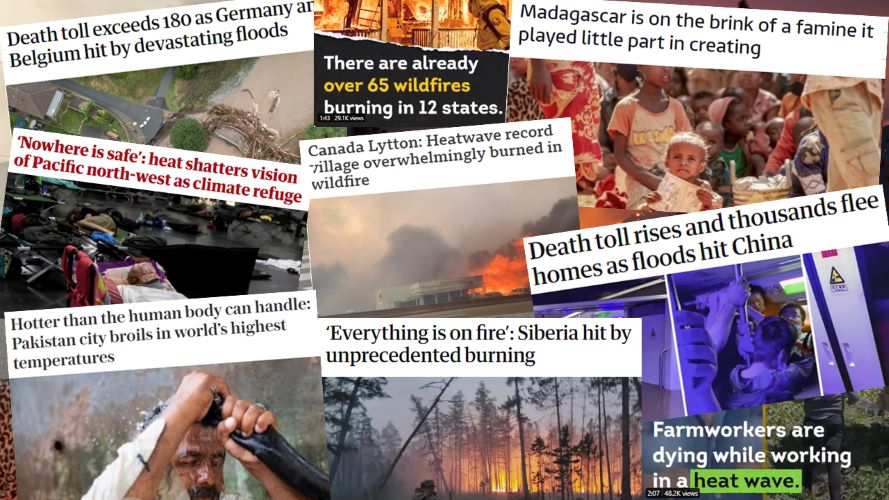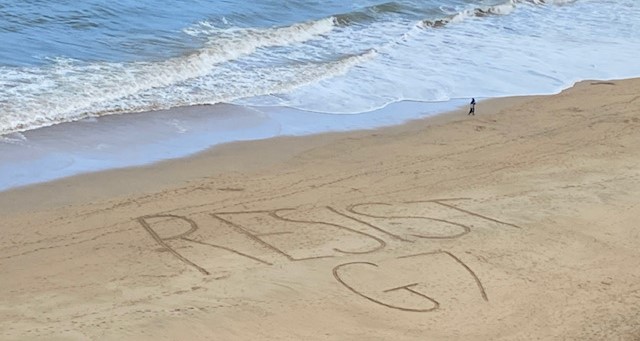'Carry on flying': a response to the aviation proposals in the DfT Decarbonising Transport report
Submitted by Tahir on Tue, 2021-07-27 14:24The Department for Transport has finally published its plan, Decarbonising Transport: A Better, Greener Britain. In terms of aviation, the proposals are hugely disappointing, extremely limited and essentially a charter for the industry, desperate to recover from the pandemic, to build back the same. Many colleagues in environmental and analytical organisations are preparing detailed responses, based on flight numbers, the viability or otherwise of so-called sustainable fuels and climate impact statistics. While these are much needed dissections that provide the ammunition with which to call for more radical action, there is also a need to remind ourselves of the fundamentals, a plain English telling of where we are and where we need to go.
First, technical and scientific solutions to the climate impact of aviation are to be welcomed. No one would disagree with that – a successful call for a reduction in the amount of flying would not exclude us from wanting to see whatever flying remains from being carried out in a more climate friendly way. Whether alternative fuels, aircraft technology, or a combination of both, in principle we would welcome investment aimed at the development of such solutions.
Fatal delay
What we do object to is that these solutions are used as industry greenwash that ignores reality in order to justify the continuation (or restoration) of business as usual. All actors agree, including government and industry, that viable solutions will not be available till the late 2030s at best, maybe the 2040s, or even 2050. Many of the solutions currently proposed are either ‘false’ (i.e. create as many problems as they solve) or ‘need work’ (i.e. unproven, requiring more R&D). In particular, synthetic or so-called sustainable fuels are either a long way off development, are expensive and energy intensive to use, are impossible to scale up, or produce more emissions than conventional kerosene.
So we are looking to some future time for the possible advent of alternative ways of flying, hence the DfT commits to ‘net zero domestic aviation by 2040’ and net zero for all aviation by 2050. Even leaving aside the problematic nature of the term ‘net zero’ that is a long way off.
In the meantime plans for traffic growth, and associated airport expansions, remain. These have nothing to do with such solutions and are purely about an increase in fossil fuelled flying, including recovery to 2019 levels by 2025 and then continuing to grow thereafter – more flights in 2026, more in 2027, 2028 and so on.
We should ask:
i. How does such growth in emissions square with a climate emergency for which radical action is needed by 2030 to keep within 1.5C (clue: it doesn’t), and
ii. How the availability of solutions, even accelerated to the 2030s, will help solve a climate crisis that is happening very visibly right now (it won’t).




